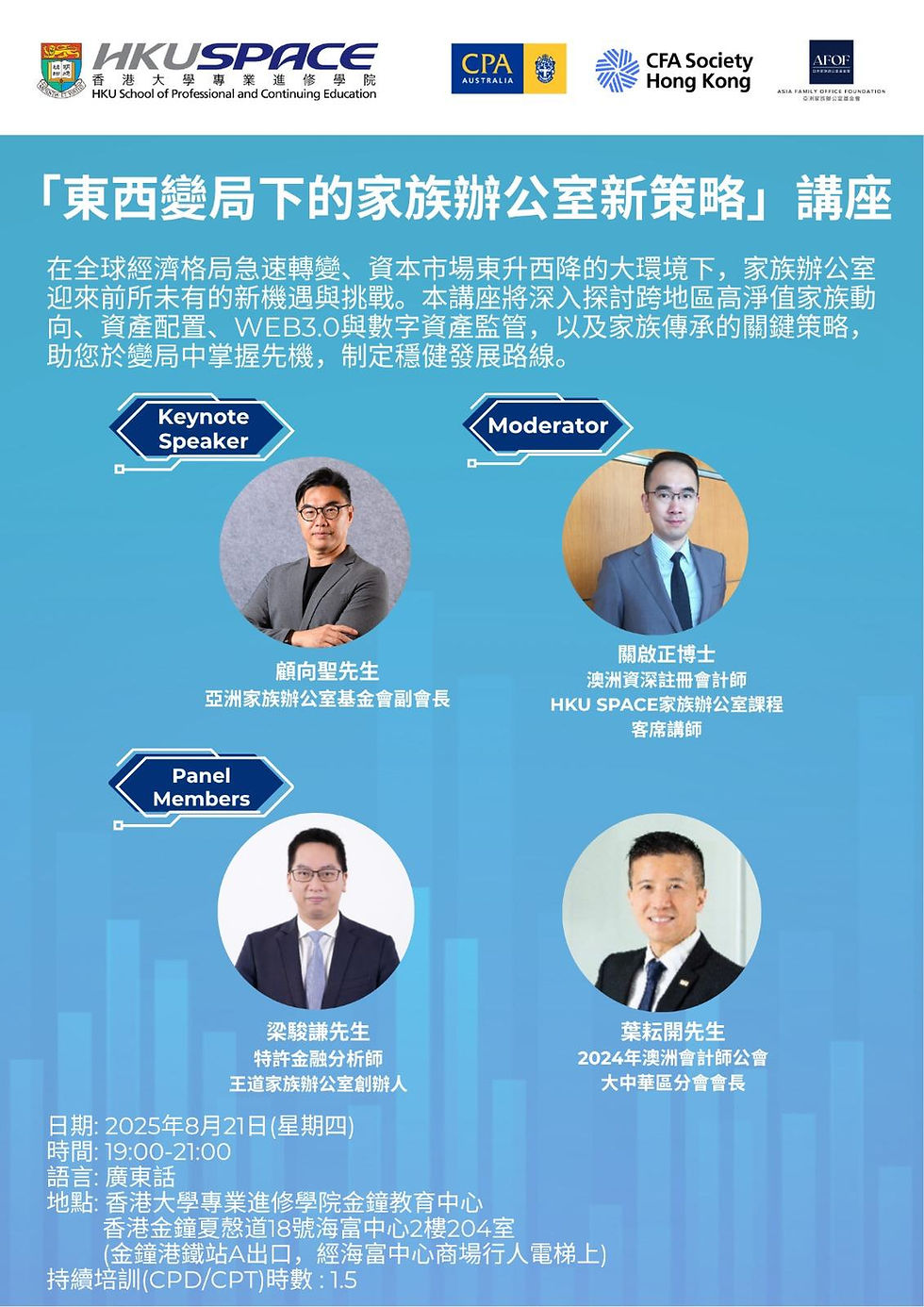Japan: The Dual Nature of Family-Owned Businesses: Successes, Scandals, and Leadership Challenges
- Lam Stefansen
- Dec 28, 2024
- 2 min read

Family-owned businesses run by founders and relatives represent the most basic form of corporate management. In many cases, certain relatives, including founders, hold most of the shares and capital invested in a company.
In contrast, the basis of the joint-stock company system is the separation of ownership and management, which can lead to conflicting interests between the two parties. However, family-owned businesses, where significant shareholders and managers share a common vision, can eliminate such conflicts and facilitate the implementation of consistent strategies.
Toshio Goto, a professor at Japan University of Economics’ Graduate School of Business, is known for his research on long-lived companies. “Managers of family-owned companies recognize not only shareholders but also diverse stakeholders such as employees, customers, and local communities,” he says. In Japan, more than 90% of long-established companies with a history of over 100 years are family businesses. Even many major companies, such as Toyota, are considered family-owned.
The most significant personnel change for a company is a change of leadership, where the president or CEO passes the baton. How is the head of a company chosen? Ideally, an undisputed and capable leader is selected through a proper process. If an organization excels through hard work and results, its employees will strive to keep the company vital. However, such organizations are rare.
Often, organizational power dynamics outweigh individual abilities in personnel decisions. Those promoted typically led the most profitable business divisions, turned around struggling operations, or created blockbuster products. However, a senior executive at a megabank noted, “Many promotions in personnel matters are merely cosmetic.”
由創辦人及其親屬經營的家族企業是企業管理的最基本形式。在許多情況下,某些親屬(包括創辦人)擁有公司大部分股份和資本。
相比之下,股份有限公司的制度基於所有權和管理的分離,這可能導致雙方利益的衝突。然而,在家族企業中,重要股東與管理者的利益高度一致,擁有共同的願景,這有助於消除此類目的上的衝突,並更容易實施一致的策略。
日本經濟大學商學研究所的教授後藤俊夫以其對長壽公司的研究而聞名。他指出:“家族企業的管理者不僅認識到股東的利益,還考慮到員工、客戶和當地社區等多元利益相關者。”在日本,擁有超過100年歷史的老字號企業中,90%以上都是家族企業。即便是許多大型公司,如豐田,也被視為家族企業。
對於一家公司而言,最重要的人事變動是領導層的更替,即總裁或首席執行官的交接。那麼,公司的首腦是如何選擇的?在理想的情況下,應當經過適當的程序選出一位無可爭議且有能力的領導者。如果一個組織能夠通過努力和成果而卓越,員工將毫不保留地為保持公司的活力而努力。然而,這樣的組織卻少之又少。
在許多情況下,組織的權力動態比個人的能力更具考量意義。那些被提拔的人往往是經營最賺錢的業務部門、扭轉虧損業務或創造爆款產品的人。然而,一位大型銀行的高管表示:“在許多人事安排中,實際上大多數升遷只是表面功夫。”



